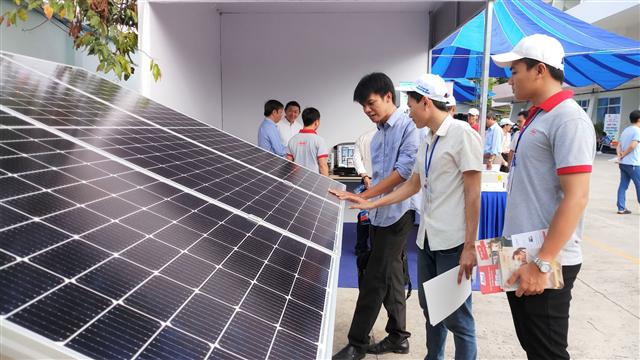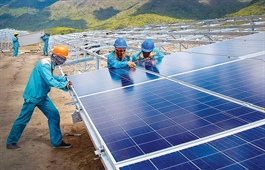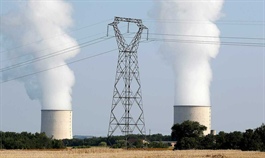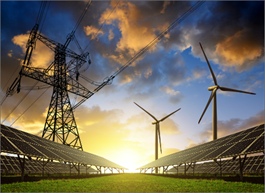Vietnam seeks to regulate solar power capacity to deal with excess
Vietnam seeks to regulate solar power capacity to deal with excess
The power sector witnessed a sudden growth of renewable energy in 2020, especially in rooftop solar power, but a lack of synchronous mechanisms and policies led to overload, excess electricity and constant power cuts to release capacity.

EVN has strengthened technology application in all of its activities
|
In order to minimize solar power cuts and avoid damage to investors, the Ministry of Industry and Trade (MoIT) has issued an express dispatch to the People’s Committees of centrally-affiliated cities and provinces and the Vietnam Electricity (EVN), asking them to urgently review and synthesize the issues regarding solar power, especially the rooftop solar power.
Inconsistent policy
According to Nguyen Duc Ninh, Director of the National Load Dispatch Center, (NLDC) the rooftop solar power output increased continuously last year, from 6,000 MWp in June 2020 to 10,000 MWp by end of the year. The final week of the year recorded an additional surge of 3,000-4,000 MWp, forcing the regulator agency to reduce 365 million kWh of untapped solar power.
According to Ninh’s analysis, the excess electricity was generated mainly in the southern provinces of Ninh Thuan and Binh Thuan and some central provinces. By late November 2020, due to the surge of solar farms and rooftop solar power plants, the electricity industry had to cut 35 million kWh in excess power.
According to NLDC’s calculations for 2021, about 1.3 billion kWh will be cut, of which more than 500 million kWh will be cut due to the excess solar power at noontime and overload of the 500 kV transmission lines from the central to northern region.
Ninh assessed that the proportion of renewable energy in the system is increasing sometimes at a rate of 30-40 percent. However, renewable energy policies, especially on rooftop power, lack synchronization while solutions for electricity storage in batteries lag far behind.
Minimizing damage
Following the Prime Minister’s directions, and in order to minimize the reduction of solar power and avoid damage to investors, the MoIT is planning to inspect the recent development of rooftop solar power in order to propose mechanisms and policies in accordance with demand, operational capacity and costs.
Accordingly, the MoIT has asked EVN to synthesize solar power projects eligible for electricity selling prices according to Prime Ministerial Decision 13/2020/QD-TTg.
EVN is also required to direct power corporations and provincial power units to make a list of rooftop solar power systems with capacity of 100 kWp or more that have been put into operation, ensure the systems conform to regulations on development and connection; and recognize operation dates, signing dates of electricity purchase and sale contracts and other legal regulations in the field. The information will be provided to the provincial Department of Industry and Trade to set up a database of rooftop solar power systems.
Based on the list, EVN needs to synthesize rooftop solar power across the country; research and propose effective solutions to minimize reduction of solar power sources already in operation as well as damage to investors.
The MoIT also asked EVN to appoint a representative to join the ministry’s inspection team regarding solar power development, especially the rooftop solar power. It also asks People’s Committees of provinces and cities to coordinate with the relevant departments, agencies and sectors to review and evaluate rooftop solar power in accordance with current legal regulations, and implement tasks recently assigned by the PM on the review of solar power.


























